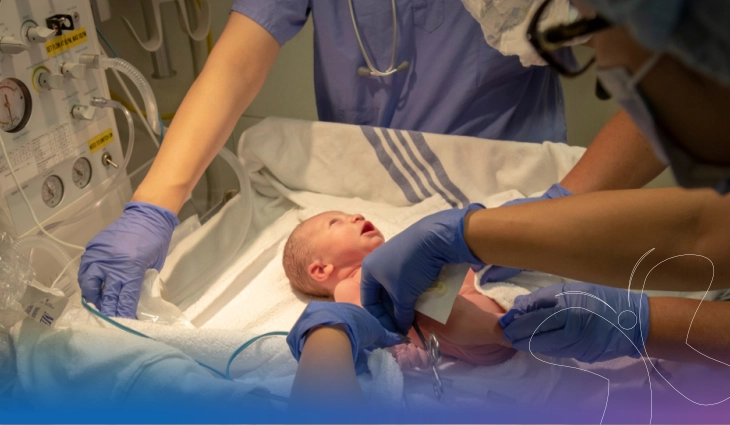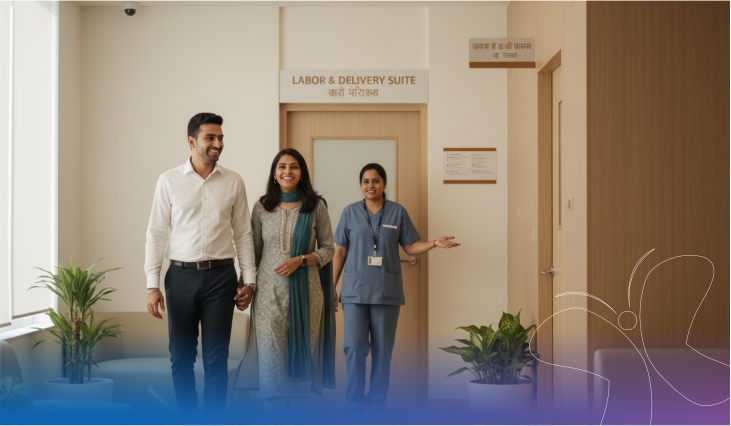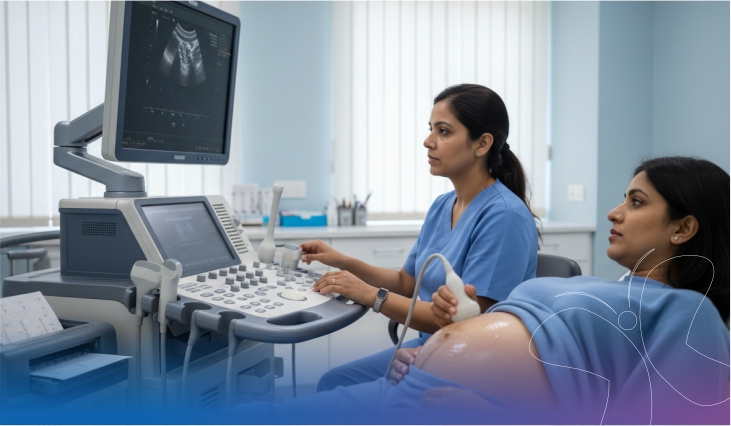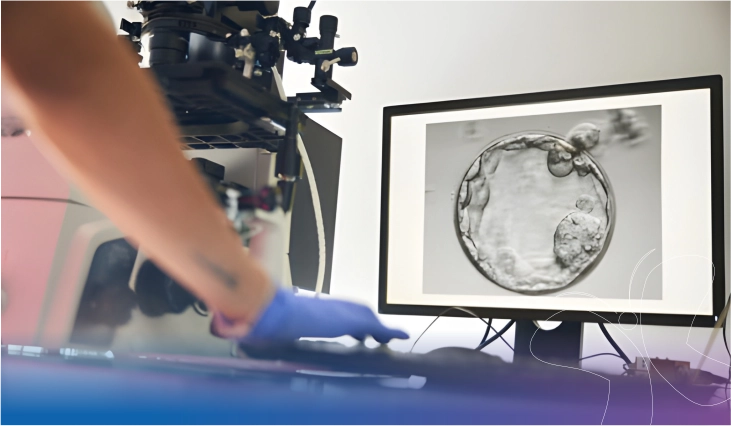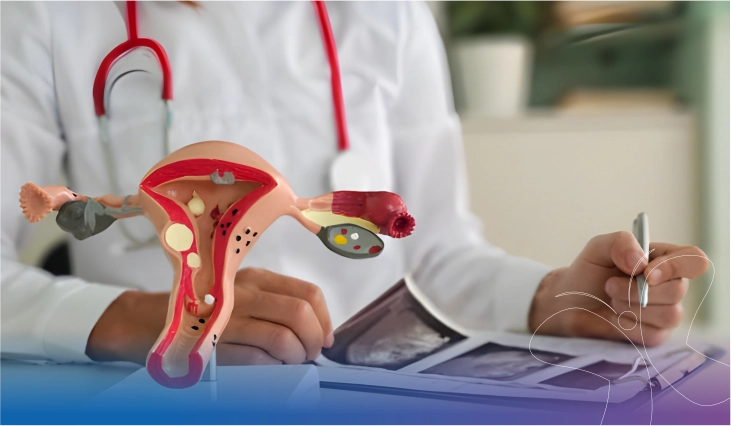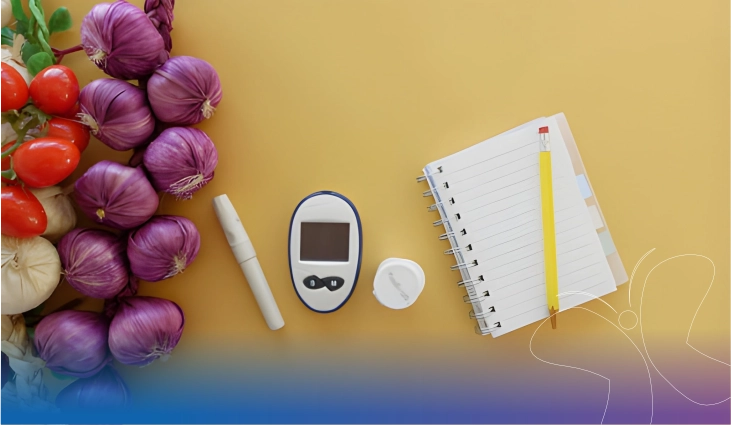Mild pain in the lower belly during pregnancy is common. But “common” doesn't mean “safe to ignore.” We meet women every week who say they felt a sharp, sudden pull or twinge in their abdomen and were unsure whether to rest or rush to the hospital.
The truth? Some pain is expected. But not all of it is normal.
At Flowrence, we help mothers learn the difference — especially between round ligament pain, which is normal, and the type of pain that signals a deeper problem.
So, what is round ligament pain?
Your uterus is held in place by strong ligaments on either side. As the baby grows and your uterus stretches, so do these ligaments.
When you move suddenly — get out of bed too quickly, turn over in your sleep, or even cough — these ligaments can tighten and cause a sharp, quick pain. Usually one-sided. It lasts a few seconds. Sometimes a dull ache follows.
It’s uncomfortable, yes. But not dangerous.
We see it most commonly between 14 and 25 weeks — but some women experience it earlier or later, depending on how their body adapts to pregnancy.
But not all pain is harmless.
There are types of pain we don't advise waiting on. In fact, we want you to act fast.
These include:
- Pain that comes in waves and doesn’t go away
- Pain with bleeding
- Pain with fever
- Constant dull pain with backache
- Pain with vaginal discharge or fluid leakage
These are not round ligament pain. They could point to preterm contractions, threatened miscarriage, infection, or issues with the placenta. If you feel anything unusual, especially if it builds over time or feels different from what you’ve experienced before — contact your doctor immediately.
At Flowrence, we always say: Pain that stops you in your tracks is pain worth checking.
What can help if it is round ligament pain?
We guide our patients through this with simple, safe steps:
- Don’t stand up too quickly. Give your body time.
- Use a maternity belt if you're walking or working long hours.
- Rest when the pain comes. Change your position slowly.
- Avoid lying flat on your back for long stretches.
- A warm (not hot) compress can relax the area.
These don’t make the pain disappear entirely — but they help your body adjust.
Why we never want you to guess
Pregnancy doesn’t come with a single rulebook. Every woman’s body reacts differently. What’s mild for one might feel intense for another. At our hospital, we never dismiss pain — even if it turns out to be nothing.
That’s why we encourage regular check-ins, especially for first-time moms or for women with known risk factors. If you’ve been advised bed rest, or have had a complication in a previous pregnancy, any unusual pain must be reported without delay.
Flowrence is known not just as a normal delivery hospital in Rajkot, but as a place that also handles high-risk cases with confidence. If you're looking for a high risk pregnancy specialist in Rajkot, we’re here to walk that road with you — step by step.
And if you’re someone who prefers the comfort of a lady gynaecologist, our team includes some of the most experienced names in women’s care.
A message to mothers from Flowrence Team:
Don’t wait to see “if it gets worse.”
Don’t search the internet for answers.
Don’t think a pain that passes quickly is always fine.
Instead — ask. Come in. Let us check. Most of the time, it’ll be fine. But when it’s not, you’ll be glad you didn’t guess.








